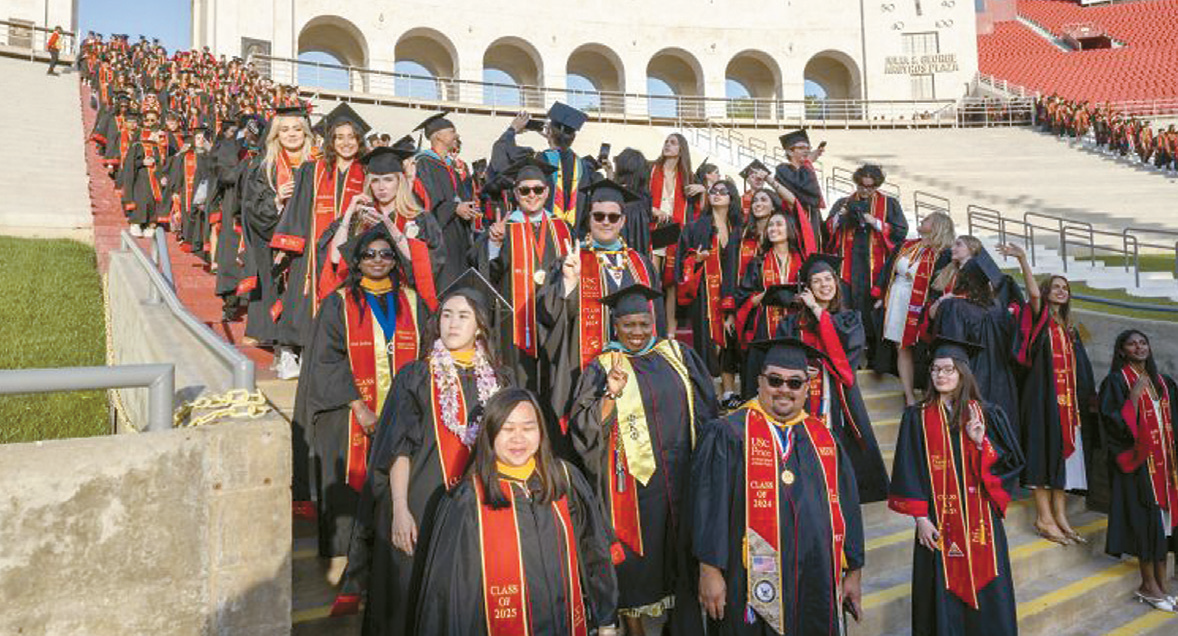Graduates’ starting salaries are increasingly shaped by their choice of major, with science and engineering fields pulling far ahead of humanities and social sciences.

A recent report by the Federal Reserve Bank of New York shows that computer engineering majors earn a median starting salary of approximately $80,000, the highest among all fields. Other engineering majors also ranked near the top: aerospace engineering at $76,000, electrical engineering at $78,000, and mechanical engineering at $75,000.
In contrast, foreign language majors had the lowest starting salary, at just $40,000. Elementary education and sociology majors also earned under $50,000, with starting salaries of $42,000 and $45,000, respectively.
This wage gap continues into mid-career. Among workers with 15 or more years of experience, graduates of humanities and social science programs saw significantly lower income growth compared to those in science and engineering fields.
Graduates from the University of California (UC) system reported especially high earnings. The average starting salary for UC computer engineering majors was $101,600, while other engineering majors averaged $84,000, far surpassing national averages. This is largely attributed to 70% of UC graduates working in California, where both wages and living costs are higher.
Return on investment (ROI)—a measure comparing tuition costs to income—also favored practical majors. An analysis of 260,000 graduates from 324 two- and four-year colleges in California found that majors in computer engineering, nursing, and engineering delivered the highest ROI. Some nursing graduates from two-year colleges even exceeded $100,000 in annual earnings within five years of graduation.
Majors also strongly affect employment outcomes. Anthropology majors had the highest unemployment rate, with 9.2% remaining jobless up to five years after graduation. Physics followed at 7.8%. Interestingly, computer engineering had the third-highest rate at 7.5%, despite its high salaries. According to the report, this may reflect an oversupply of tech graduates relative to industry demand, and possibly the growing influence of artificial intelligence (AI).
Experts note that widening income and employment gaps by major are fueling broader debates about the value of higher education. In the past, a college degree was seen as a guaranteed path to stable employment, but many students and families now weigh tuition costs against potential earnings more critically.
Michael Itzkowitz, CEO of the college consulting firm HEA Group, said, “As tuition and living expenses rise, concerns about the economic value of a college education are growing. If stable income is not guaranteed, the meaning of a college degree inevitably weakens.”
BY KYEONGJUN KIM [kim.kyeongjun1@koreadaily.com]

![At One-Year Mark, Korean Americans Rate Trump’s Second Term Poorly U.S. President Donald Trump gestures as he and Canada's Prime Minister Mark Carney, not pictured, meet in the Oval Office at the White House in Washington on Oct. 7. [REUTERS]](https://www.koreadailyus.com/wp-content/uploads/2025/10/1008-Trump-100x70.jpg)

